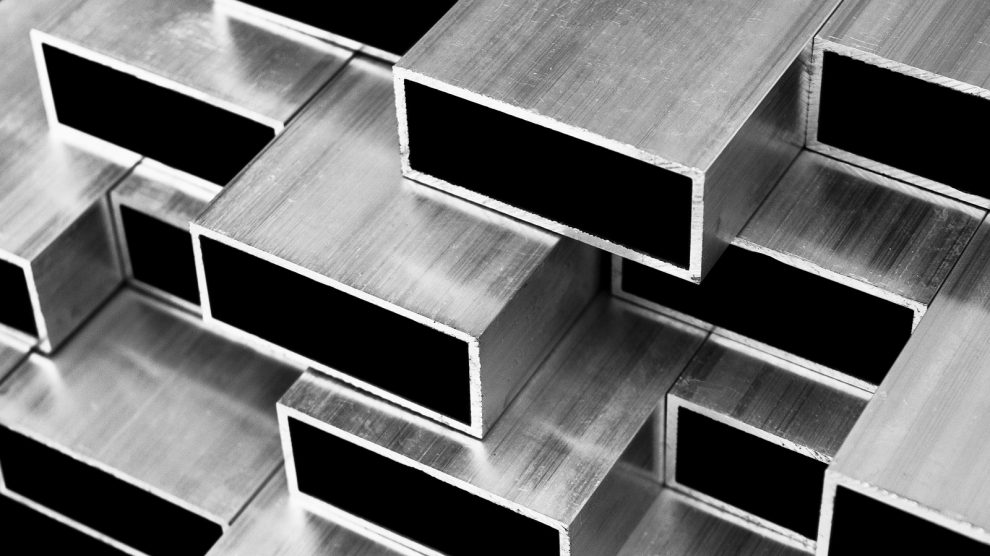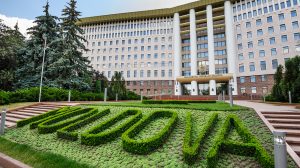Sanctioning aluminium from Russia looks impressive at first glance, but the harder you look the worse a decision it seems.
The European Union has been rightly and impressively steadfast in its support of Ukraine since Russia’s invasion in February 2022, providing money, aid and arms.
Following the approval of the US Congress’ latest aid package to Ukraine, that side of the Western response seems to be once again in good order. Where things are fraying somewhat is on the financial battlefield. Efforts to broaden the sanctions regime (we are now on the 14th round from the EU) are becoming scattergun and increasing self-defeating.
- How Romania, with little fanfare, became a supply chain star
- The future of manufacturing in CEE: Transitioning to a high-tech, added value era
- Support for Ukraine is vital for European democracy
The process appears to be largely performative—an illustration of ’doing something’ in the face of Russian battlefield gains—and the outcome would, at best, be Potemkin-esque. Sanctioning aluminium from Russia—one of the options being discussed—looks impressive at first glance, but the harder you look the worse a decision it seems.
Restricting the import of aluminum derived from Russian raw materials would have far-reaching consequences for the global supply chain, and would significantly impact the European economy. Meanwhile, the impact on the Russian state would be minimal given that the aluminium sourced by Europe comes from the private sector—mostly from Rusal (majority-owned by the London-listed EN+).
The reasoning is simple: this would be an act of self-harm at home, and a strategic miscalculation abroad.
Economic self-harm
The aluminium industry directly employs around 230,000 people across the EU and supports an additional one million jobs indirectly.
In addition to inevitable job losses, implementing sanctions on Russian aluminum imports would disrupt global supply chains. Aluminum is a critical raw material for many industries in Europe— including the automotive, construction, and manufacturing sectors—and sanctions would lead to increased costs and supply shortages for European industry. The knock-on effect would be production slowdowns, job losses, and reduced economic output.
Furthermore, there is currently no viable substitute for Russian raw materials in the aluminum industry. Sanctions would force the EU to increase its reliance on other sources, such as China and the Middle East.
This shift would essentially mean trading one dependency for another, potentially placing Europe in an even more precarious position and undermining the goal of a diversified supply chains and European strategic autonomy. Relying more heavily on China and Middle Eastern countries for bulk aluminum could increase the geopolitical leverage these regions have over Europe, potentially exacerbating vulnerabilities rather than mitigating them.
Sanctions that harm Europe’s industrial base would also, naturally, do little to improve the EU’s competitiveness, which is already waning compared to that of China and the US. The former European Central BankG chief Mario Draghi’s seminal report on competitiveness should spark a renewed effort in Brussels and across Europe to lift growth. Restricting the supply of raw materials like aluminum would have precisely the opposite effect: undermining the industrial base and stoking inflation at a time when the EU can least afford it.
This inflation will represent both cause and effect of the inevitable price rises for aluminum products if sanctions were imposed. The increased costs of raw materials would likely be passed on to consumers, leading to higher prices for goods and services.
Strategic miscalculation
Would the sanctions even harm Russia? Countries often find ways to circumvent sanctions through alternative trading partners, smuggling, and other means. Countries like China and India could increase their trade with Russia, taking advantage of lower prices and increased supply. This substitution effect would undermine the intended impact of the sanctions. Meanwhile, the negative job losses at home would continue, and the beneficiaries (isuch as replacing the European jobs and production capacity) would most likely accrue to a geopolitical rival in Beijing.
Expanding the sanctions against Russia is a political imperative for many in Brussels and across the EU, for obvious reasons. It is also a trap. Threatening European jobs in strategic import industries is never a sensible policy option. When the benefits extend little beyond a PR exercise, they are nonsensical.
Unlike many news and information platforms, Emerging Europe is free to read, and always will be. There is no paywall here. We are independent, not affiliated with nor representing any political party or business organisation. We want the very best for emerging Europe, nothing more, nothing less. Your support will help us continue to spread the word about this amazing region.
You can contribute here. Thank you.







Add Comment